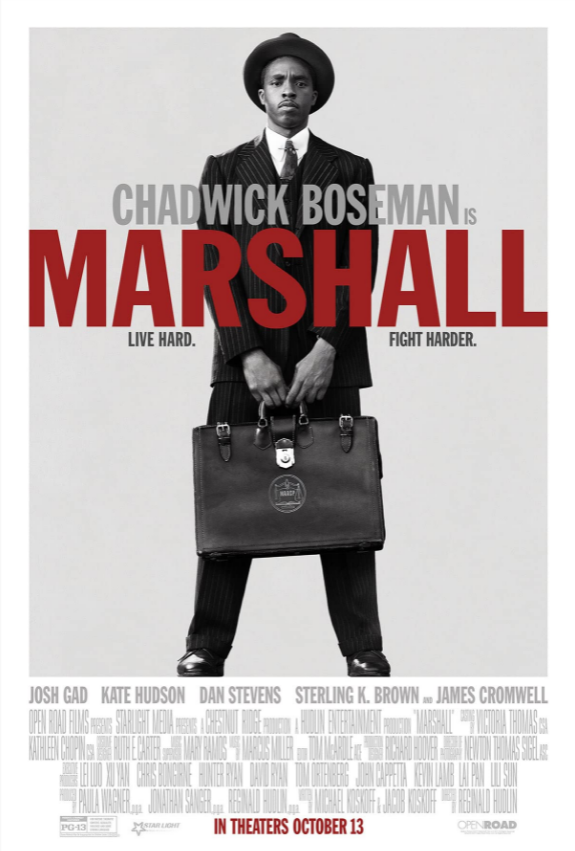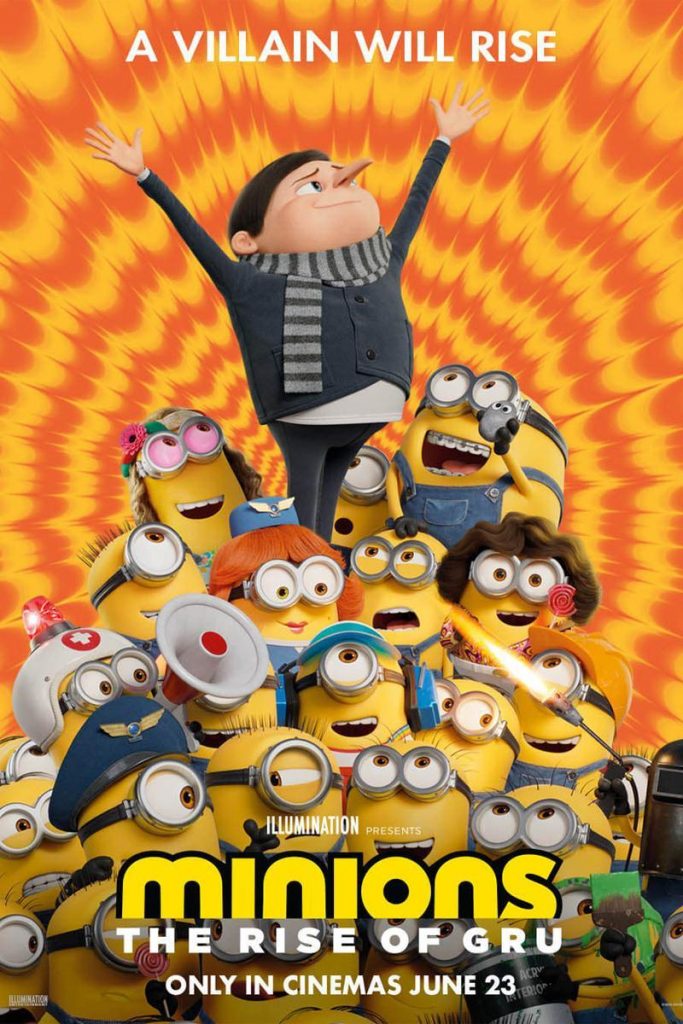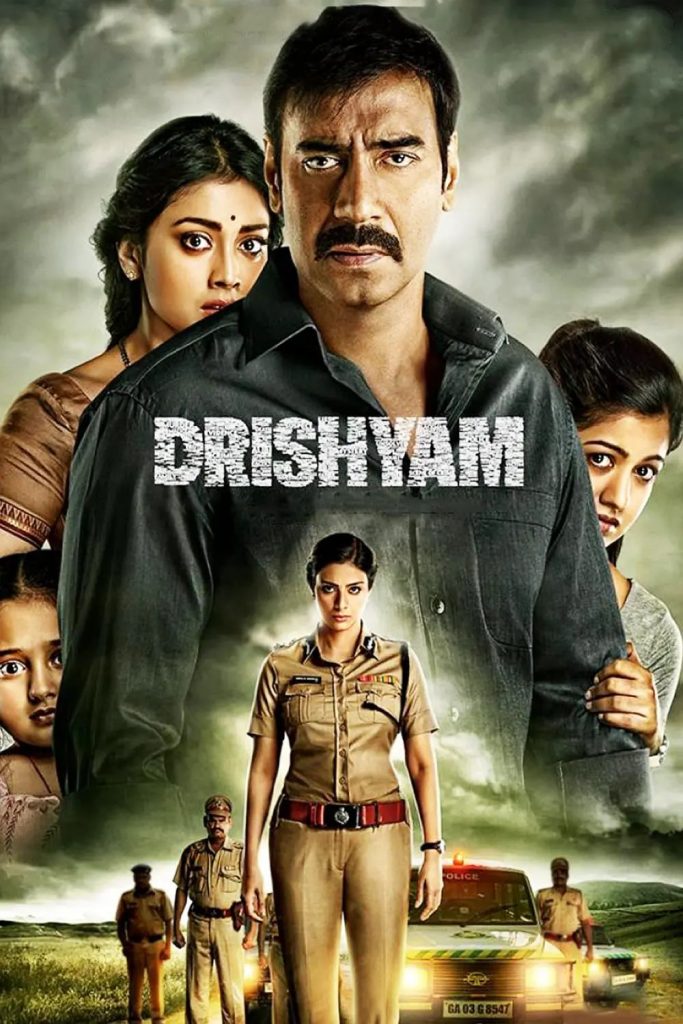There are many famous Americans with the surname Marshall, the most famous being George Catlett Marshall. He was a five-star general in the United States and was highly decorated in the Second World War. After the war, he served as Secretary of Defence and Secretary of State. He won the Nobel Peace Prize for the Marshall Plan, which he proposed as Secretary of State and which provided strong support for the post-war recovery of Europe. He was ranked 63rd on the list of the 100 people who influenced America by the leading American journal, The Atlantic Monthly.
Today, however, we are talking about Justice Marshall of the US Federal Supreme Court. There are also two Justices Marshall, one of whom is John Marshall. John was the 4th Chief Justice of the Federal Supreme Court. Prior to becoming Chief Justice, he was also Secretary of State and had a good knowledge of the affairs of state. As Chief Justice, John played a considerable role in the establishment of the separation of powers in the United States, allowing the Supreme Court, which had little authority, to develop into an interpreter and defender of the Constitution.
For one thing, Thurgood Marshall was elected to the bench by Democratic President Lyndon Johnson in 1967, and for the next 26 years the Democrats were denied the opportunity to nominate a new justice again until Ginsburg came along. In 1993, when Ginsburg was nominated to the bench by Democratic President Clinton, she was already over 60 and would have been at retirement age, but was nominated anyway and did a good job for the next 27 years, even becoming an icon for the young American generation.
Also, replacing Justice Marshall was Clarence Thomas, a conservative despite also being a black man. And Amy Coney Barrett, the new candidate Trump put forward after Ginsburg’s death, is also a hard-core conservative, despite also being a woman. In terms of skin colour and gender, the successor does not seem to have changed much, but the position jumps violently from left to right, a change that is still very significant. The implications for the political landscape and future of the United States will be enormous.
Before Ginsburg’s death, the ratio between conservatives and liberals on the Supreme Court was 5:4. With Barrett’s arrival, the ratio will become 6:3, making the already unbalanced Supreme Court even more conservative in its stance. Moreover, Stephen Breyer, one of the current nine justices with a liberal stance, is 81 years old and will most likely quit the Supreme Court in the next four years. In that case, if Trump is re-elected president, there is a strong possibility that the Supreme Court will become 7:2 conservative to liberal. What does this mean? It could have an “earth-shattering” impact on American law.
Once she joins the Supreme Court, she could bring about a dramatic shift in American law, including weakening abortion rights, ending Obamacare, expanding gun ownership and limiting the powers of regulatory agencies, which could set back American law by decades and, in some cases, to the way it was before the New Deal in the 1930s. “The Supreme Court has not been this conservative since the 1930s.” CNN commented that the US Supreme Court is on the verge of a historic change.
As I mentioned in my last article, American society is currently undergoing dramatic changes, with the “Me too” women’s movement, the “Black Lives Matter (BLM)” black affirmative action movement, and the “Occupy Wall Street” middle class movement in the last two years. In the last two years, the women’s movement has been “Me too”, the black affirmative action movement has been “Black Lives Matter (BLM)”, the middle class movement has been “Occupy Wall Street”, and the populist movement has been on the rise, and the Latino community has also been in danger, even directly affecting the election. In this situation, the Supreme Court has not only failed to keep up with the changes in social movements and listen to the voices of social thinking, but has become more conservative and moved against the tide of the times, which is really strange.
So it is that with Barrett off the hook, the future of America will feel even more torn. As a lighthouse nation, it’s a real sweat to see what kind of light this beacon will shoot out. As a by-product, the biggest possibility is that it will give the Chinese a little more confidence. As the saying goes, if you don’t advance, you retreat, and the apparent retreat in the US Supreme Court’s position will in turn set off China’s rise a little faster. This is beside the point, so I will not dwell on it.
Back to Thurgood Marshall, as the first black justice in the history of the US Supreme Court. It is rather paradoxical that it was Marshall who joined the Supreme Court, together with the previous liberal justices such as Douglas, Black, Warren, Brennan and Guldberg, forming a strong liberal majority in the Federal Supreme Court, with the ratio of liberals to conservatives reaching 6:3, and the Warren Court, marked and named after Chief Justice Warren, was finally established, and Marshall gradually became the most powerful liberal camp in the post-Warren era. Marshall became one of the most important representatives of the liberal camp in the post-Warren era.
The addition of Marshall, along with the current addition of Barrett, both created a 6:3 pattern. Only, in the former case it was the liberals who had the upper hand, this time it was the conservatives who had the upper hand. History just proves that the Warren Court period coincided with the most furiously progressive era of American legislation, and that the period of greatest legal development in American history was precisely the 1960s and 1970s, when the Warren Court was in place, and that was also the most progressive period in American history on all fronts. The affirmative action movement in the United States took off during that period and achieved great results.
Marshall undoubtedly played an important role in this. In fact, Marshall had already put in great effort and achieved beautiful results in the field of civil rights before he was on the Supreme Court, which has already earned him a place in American history. Sandra Day O’Connor, the first female justice in the history of the US Supreme Court, once told her assistant that “Marshall was the only one of us who made history before we ever got to the Supreme Court”.
By virtue of his achievements, Marshall also became one of the top three heroes in the minds of the black American public. The other two were Martin Luther King and Malcolm X.
The most famous of these three is, of course, Martin Luther King Jr, who was heavily influenced by David Thoreau and Mahatma Gandhi and advocated non-violent means of resolving hatred and ultimately achieving racial integration, with blacks and whites “walking hand in hand”. Malcolm X, on the other hand, was the “number one black man in America”, who hated the logic of “putting your right face up after someone has hit you on the left”, emphasising an eye for an eye, even advocating a violent riot.
Thurgood Marshall, a lawyer, was not a fan of either the peaceful protests of Martin Luther King Jr. or the violent resistance advocated by Malcolm, believing that the former would not bring about substantial change and that the latter was often counterproductive. He advocated the elimination of racial discrimination and the promotion of social justice through the administration of justice – and indeed he did. Marshall was not strictly speaking a civil rights activist, but the one case he won before the US Supreme Court was one of the biggest drivers of the American civil rights movement. Of this, Supreme Court Justice Lewis Powell said, “Thurgood Marshall’s significant contribution to leading our country out of the wasteland of segregation is unmatched by any American.”
Marshall did much for the black affirmative action movement during his lifetime, with influential cases such as Brown v. Board of Education, Murray v. Pearson, Chambers v. Florida “Swett v. Painter, McLaughlin v. Board of Regents of Oklahoma State University, and others. Brown v. Board of Education, in particular, put a direct end to the legal segregation of American schools. But instead of choosing one of these familiar cases, Marshall, as a biopic, chooses to portray him in a lesser known case.
Set between 1940 and 1941, Marshall worked as a civil rights lawyer for the NAACP, travelling around the country to raise awareness of the need for legal help for black people. Set in Connecticut, Sterling K. Brown plays Spear, a black man who is a hired hand for a white family who is accused of raping his mistress, Eleanor (played by Kate Hudson). Marshall was unable to act as counsel in the case because he was not a Connecticut lawyer, so he enlisted a local white lawyer, Sam Friedman (played by Josh Gad), to act as counsel and intervened in the case himself as an associate.
At that time, the war in the Pacific had not yet broken out and America was still in a pre-war state. As we all know, the status of black people in America only changed after the Second World War, and before that it was still ironclad. Marshall had almost no chance of winning by taking up the case. However, Marshall was confident that he would win.
It must be said that Marshall has a talent for being a lawyer. In the film, the lawyers on both sides have the right to choose jurors and, as a result, Marshall rejects a black man and chooses a scantily clad woman instead. Even Friedman is baffled, and Marshall explains that the black man would have convicted Spear to show himself off, but that the lady, who took a backward posture when questioned by the judge, was guarded, whereas Friedman smiled when he asked her, and that she must not have yielded to the judge, but would have taken an independent judgement that would have acted as a verdict in Spear’s favour.
We see that Marshall possesses a genius version of a keen intuition that can read everyone. Not a psychologist, but better than a psychologist, at a glance, he can get right to the heart of a person by the micro-expressions and clothing of the other person, and then make a quick judgement and give a reasonable choice.
In this case, at first the white heroine, Eleanor, accused the black hired hand, Spear, of sneaking into her bedroom while she was in the shower, and when she came out of the shower, he jumped her and raped her. One time was followed by another. Then, to kill and destroy her, he drove Eleanor’s family car, tied her up and threw her in the back seat. Drove straight to a river, picked her up and threw her into the river and threw stones down on her. Luckily, after Spear left, Eleanor broke free on her own, climbed out of the river and begged for help.
Spire, however, insisted that he had not done it. Moreover, he had an alibi. For, as he was driving down the road, he bumped into a police officer. That policeman stopped him and made a record that would prove that Eleanor was not in the car.
Therefore, Marshall & Friedman, as Spire’s defence lawyer, was convinced that Eleanor was falsely accusing Spire and that his own client was innocent. Eleanor’s lawyer Willis (Dan Stevens), on the other hand, is stubbornly convinced that this is an ironclad case, that a black man is a bastard, a bad guy, and that he must have done it. What’s more, Spear has a previous conviction and is an unclean man. Not only did Willis think so, but the local press, the local residents, basically thought so. The form did not look good for Marshall and Friedman. As the defence and prosecution traded blows. Marshall realised that the issue was more complicated than he had thought, and that not only was Eleanor lying, but so was Spear. Under Marshall’s questioning, the truth of the case eventually emerged.
Eleanor had come home that night in her husband’s car, having lived in his shadow and having been violently assaulted by him that day, with her face painted and in an even worse mood. As a transplant from abroad, Eleanor had few friends in the area and had no outlet for her feelings, which were extremely depressing and depressing. As she arrived home, Spire, the maid, opened the car door for her and witnessed her bruised and exhausted state.
When Eleanor went to take a shower, Spire waited outside. He was originally concerned for Eleanor to see if she needed help? Spell was not in the city as the case suggests, with premeditation in mind. He was actually outside the door and had knocked. Eleanor, at this point, had not yet emerged from the gloom in her mind. When she opened the door and saw a concerned Spire, she fell into his arms with an unconscious weakness of heart. She kissed him on her own initiative. The bloodthirsty Spire was no gentleman, and when the big white girl offered herself to him, there was no denying the opportunity to fill his arms with warmth and softness. So they had a wild clap for the palm in the hostess’s room.
Then, while in the mood, they did it again. In the midst of the excitement, the sound of a dog barking suddenly sounded outside the door. Eleanor, then, got scared. She thought someone had come and would find out about her fooling around with a dark-skinned underling and panicked in fear. Spire reassured her that it was nothing and not to be afraid. But Eleanor just got scared and insisted that Spear take her out.
So Spire took Eleanor out for a drive in Eleanor’s husband’s car. Eleanor sat in the back seat and Spear drove. As a result, they ran into a patrolman. The policeman thought that a black man was wandering around in a luxury car at this time of night and that the car must not be his own. So, he stopped for questioning. Spear told Eleanor to lie down in the back seat of the car and to respond to the policeman’s questioning by saying that the car belonged to its owner and would be returned soon, which was why it was on the road so late. The police didn’t notice Eleanor in the back seat, and Spire’s answer sounded fine, so he went away.
But Eleanor still wasn’t fazed. When the car reached the river, she asked Spire to stop. The thought of being in over her head and hanging out with an old black man, and doing it twice, made her feel ashamed. Moreover, she was terrified that she might get pregnant and give birth to a dark-skinned child, and then she would really have a hard time defending herself. She thought it would be better to die now rather than lose face then.
So Eleanor jumped over the road bridge into the river herself. Spire saw this and, unable to do anything himself, drove off. Eleanor, on the other hand, had been a good swimmer in her early years, and when she fell into the water, she immediately regretted it, and instinct prompted her to start saving herself, so she swam back to the shore and stopped the car to call for help. Eleanor didn’t make it to her death, but there had to be an explanation for what happened. So she lied and said that Spear had raped her and then tried to kill her.
And Spear lied because he was afraid that the truth would come out and that he, a black man who had slept with his mistress, would probably be killed by other angry white people. In the end, the jury ruled that the applause for love between the black and white masters and servants was consensual, and Spear was acquitted in court as not constituting rape.
The case was not a complicated one, and a little tracing would have cleared it up. After all, Eleanor’s lie was all too obvious. But in a time of widespread racism, there was also a reluctance to pursue what the truth really was, and instead, out of preconceived notions, people jumped to the conclusion that black people were not good at all and that they must have done it.
This brings us back to the significance of Barrett’s replacement of Ginsberg mentioned at the beginning of the article, which can also be seen in the final outcome of the aforementioned case. Laurence Fishburne did quite well, and he was nominated for an Emmy Award for Best Actor in a Short Series/TV Movie that year for his role. In terms of both image and gravitas, Laurence Fishburne does a good job. It’s just that the film’s format was so weak that it greatly reduced its enjoyability. It didn’t circulate too widely, unless people interested in Thurgood Marshall, or those studying English, were interested enough to seek it out specifically to see it.













